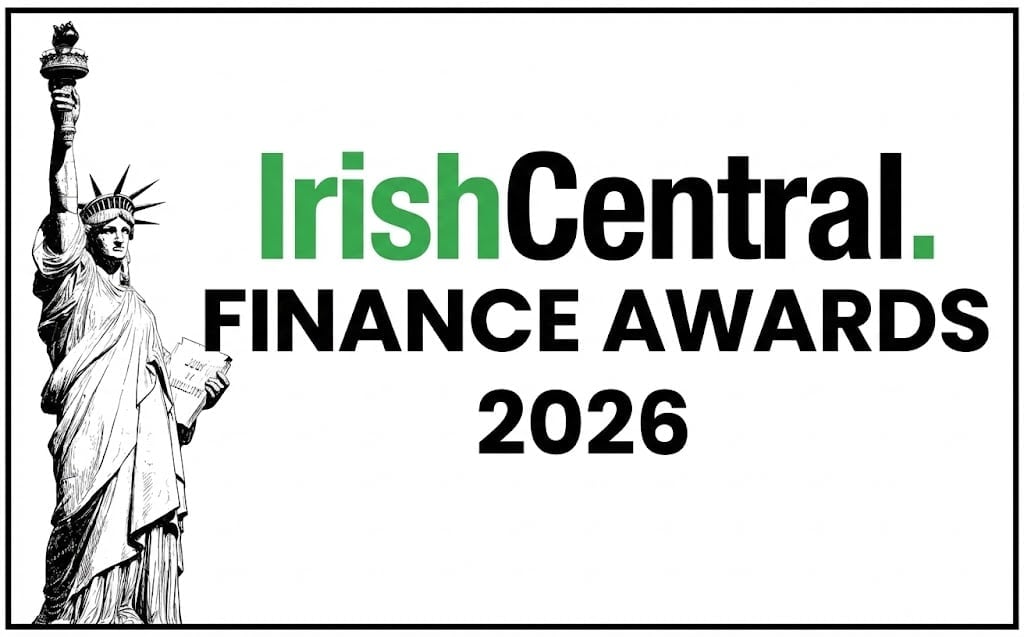Irish Prime Minister Brian Cowen is facing legal action over his ownership of an apartment building which his landlords say he is illegally subletting to Leeds University in England. The lawsuit may damage his personal reputation as a leader fighting dishonest bankers.
Cowen is reportedly part of a group of Irish investors who invested in a block of “student cluster apartments” designed and built as a dormitory in the city.
The disclosure of the legal tangle over his British investment property will be highly embarrassing to the Taoiseach, as he struggles to navigate the Irish economy and national banks through the worst financial crisis in decades.
The purchase of the student apartment block, which cost around $18.5 million, was financed through mortgages taken out by the investors with Allied Irish Bank, whose share value plunged 98 percent in the last year because of bad property loans.
Last September, amid fears that a bank was about to go bust, the Taoiseach and his finance minister, Brian Lenihan, stepped in to extend a $598 billion government guarantee to six mainly-Irish owned financial institutions, including Allied Irish — with whom Cowen secured his mortgage for the Leeds apartment.
At the time no cabinet minister declared, nor was asked to declare, an interest in any of the guaranteed banks.
Earlier this month, Allied Irish chief executive Eugene Sheehy said he now regretted some of the bank’s loans.
Last week, Lenihan said that the Irish government will clamp down on "crony capitalism" and excess bank lending in the wake of the property bubble which has hammered its banks.
Cowen’s neighboring investor in the Carr Mills development in Leeds is a farmer from Co Tipperary who in 1996 was given a twelve-month jail sentence for possession of "angel dust” - which has been used illegally in feed as a growth promoter.
The Taoiseach, who was Ireland’s finance minister when he purchased the apartment and who declares it in the Irish Parliament’s register of members interests, is one of thousands of Irish people who invested in buy-to-rent schemes in the UK during the property boom on both islands.




Comments